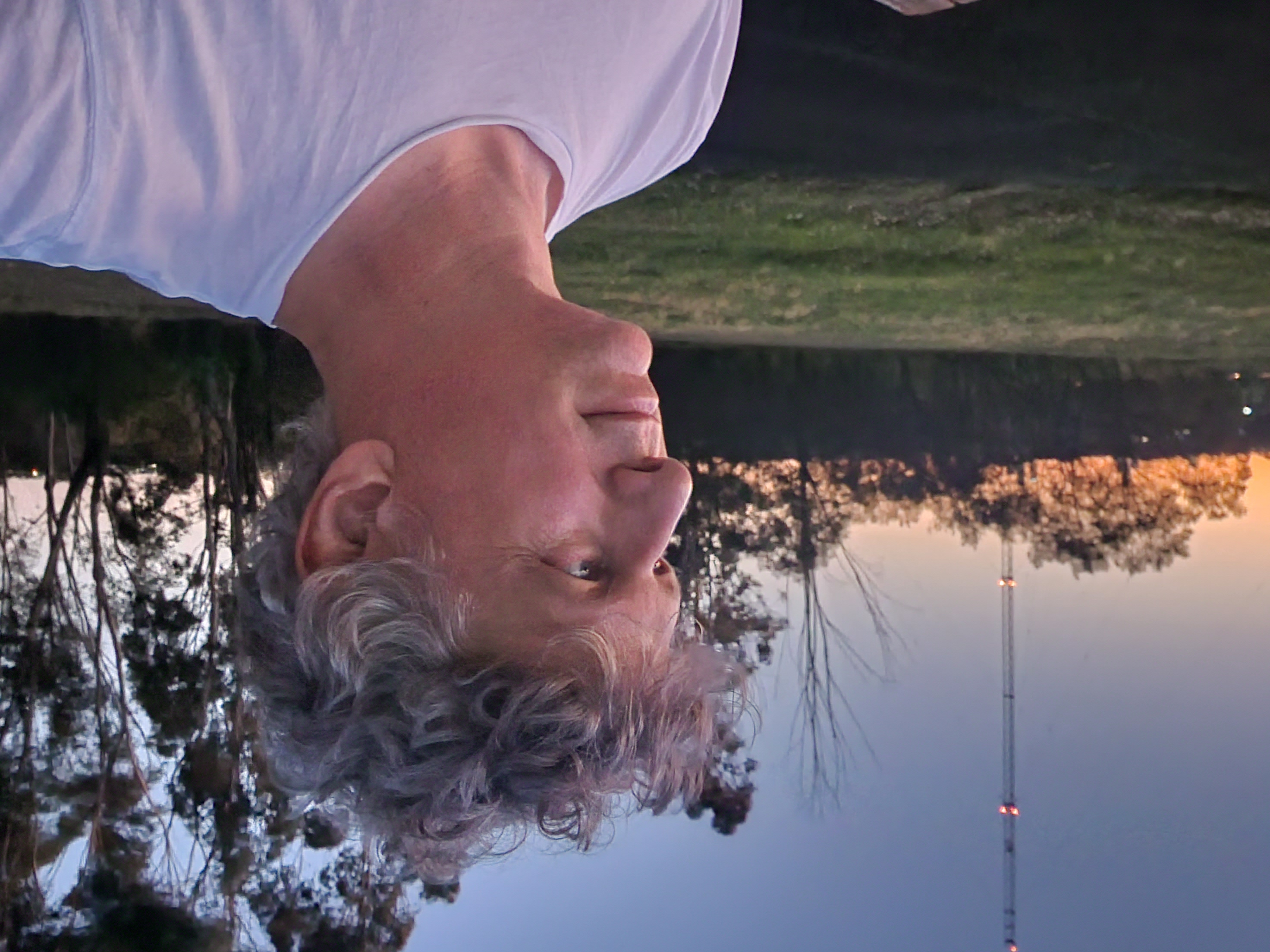This is an old story (six months old now) reported by 9 News, but I think that is still worthy of exploring.
The summary:
“In March, Queensland conservative campaigner Bernard Gaynor complained to Logan City Council that [the graphic novel] Gender Queer [by Maia Kobabe] was on its shelves.”
This lead the Australian Classification Board to conduct a review and they have…
“given the book an “unrestricted classification”, paired with “consumer advice” that it may not be suitable for younger readers.”
There’s a lot that could be explored here, from social “conservatism”, to the myriad issues that young people encounter exploring their sexuality, to literature and how our classification system works. All worthy topics. But I’d like to talk about something small in the way 9 News reported the story.
Firstly, the original article: Gender identity memoir removed from Queensland library shelf, referred to classification board on March 13th is a reasonable piece or reporting that seems to be mostly neutral about the subject and fairly represents the situation.
And credit to 9 News, they did a follow up piece Classification review rejects push to ban Gender Queer book on the 21st of July that is also fairly neutral and just reports the news.
What caught my attention is the difference between the visible title of the articles:
“Gender identity memoir removed from Queensland library shelf, referred to classification board”
and…
“Classification review rejects push to ban Gender Queer book”
and the URLs of the articles:
https://www.9news.com.au/national/maia-kobabe-gender-queer-a-memoir-book-under-review-classification-board-faces-potential-ban/
and…
https://www.9news.com.au/national/maia-kobabe-gender-queer-book-classified-as-m-mature-not-recommended-for-readers-under-15-years/
I’ll expand them to make it easier to read.
“Maia Kobabe Gender Queer a Memoir book under review classification board faces potential ban”
and…
“Maia Kobabe Gender Queer book classified as M mature not recommended for readers under 15 years”
Lets line up the titles with their URLs.
First article title visible to readers:
“Gender identity memoir removed from Queensland library shelf, referred to classification board”
versus URL visible to search engines:
“Maia Kobabe Gender Queer a Memoir book under review classification board faces potential ban”
Second article title visible to readers:
“Classification review rejects push to ban Gender Queer book”
versus URL visible to search engines:
“Maia Kobabe Gender Queer book classified as m mature not recommended for readers under 15 years
In both cases the URL uses significantly more “conservative” and inflammatory language.
The question of why is open to debate, but given that 9 News is chaired by a group including Peter Costello (former right wing politician, deputy leader of the Liberal Party (1994 to 2007) and Australian federal government treasurer (1996 to 2007)) the implication is that 9 News has a conservative bias that it wants to hide from the people reading its articles, but not from the search engines that feed us all our fire hose of media content.
In that landscape these sorts of small details matter.
While the inner workings of Google’s search algorithms are opaque to the likes of you and me, they are closely studied by the kinds of people who run media empires and like to influence the viewing public’s opinion on of matters of “morality”.
I don’t think that I need to break this down further, but I do think that it’s a timely reminder to us all to not trust any media source completely. We need to read widely and try to understand the inherent biases that media of all kinds (even my writings) bring to the stories that they choose to tell, how they tell them, and even how they attempt to influence how they are delivered and to whom.
John


